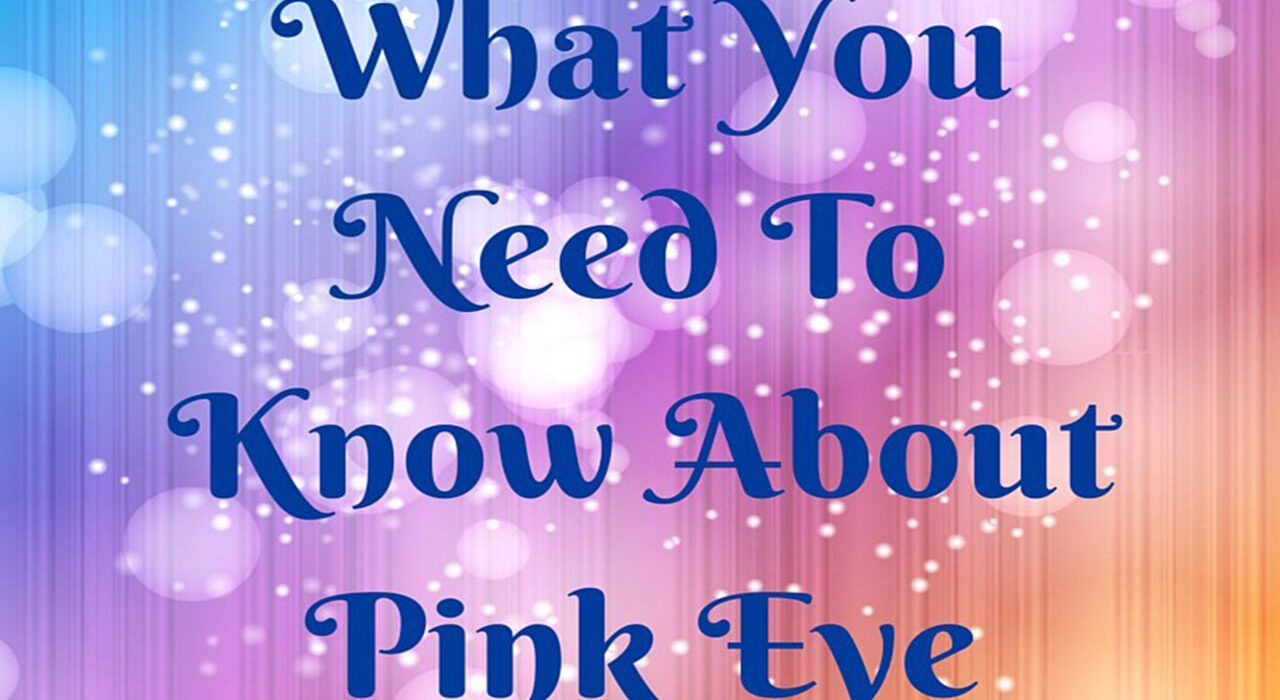Pink Eye Tips and Prevention
Pink eye is an inflammation or infection of the thin, clear covering of the white of your eyeball (the conjunctiva) and the inside of your eyelids. When the small blood vessels in the conjunctiva become inflamed they are more visible making the whites of your eye appear pink. Also called conjunctivitis, it can affect one or both eyes.
Common symptoms of pink eye include:
- Redness in the white of the eyeball(s) and or inner eyelid(s)
- Increased tearing or discharge
- Slightly blurred vision from discharge
- Crusting of the eyelashes from the discharge may prevent eyes from opening after sleep
- Mild eyelid swelling
- Itching or burning sensation
- Increased sensitivity to light
- Irritation or gritty feeling in your eye(s)
- Make an appointment with your eye doctor if you notice any of the symptoms of pink eye. Some forms are highly contagious for as long as two weeks, so an early diagnosis could protect those around you from contracting the disease. If you were contact lenses, stop using them until directed by your doctor.
- There are four general types of pink eye.
Allergic Conjunctivitis
This form is caused by eye irritants such as pollen, dust, animal dander, and other environmental factors. It is not contagious. Treatment often includes applying a cool compress to your eyes and using allergy eye drops and artificial tears. In severe cases, non-steroidal and anti-inflammatory medications may be prescribed.
Bacterial Conjunctivitis
This type is most often caused by staphylococcal or streptococcal bacteria, is highly contagious, and can cause serious damage to the eye if left untreated. This is treated with antibiotic eye drops or ointments to speed up the healing process that can take one to two weeks. While you may see improvement after three to four days, the entire course of treatment needs to be used to prevent a recurrence.
Because this is so highly contagious here are a few things to remember so you don’t spread it to others or re-infect yourself:
- Don’t touch your eye with your hands
- Wash your hands frequently and thoroughly
- Change towels and washcloths daily – and don’t share them
- Change pillowcases often
- Get rid of all eye cosmetics and personal care items such as eye creams – and don’t share them
- Avoid swimming
- Don’t reuse tissues when wiping your eyes, and throw them out immediately
- Follow your eye doctor’s instructions related to your contact lens usage and care
- Viral Conjunctivitis
This is the same type of virus associated with the common cold. Antibiotics will not work on a viral infection. Like a cold, the infection just needs to run its course which could take anywhere from a few days up to 2-3 weeks. It is also contagious like a cold, so follow the same instructions as listed above to not spread the infection.
Chemical Conjunctivitis
This can be caused by irritants like air pollutions, chlorine in swimming pools, or exposure to noxious chemicals. To treat this type of pink eye requires a doctor to carefully flush your eyes with saline and may require topical steroids.
Acute chemical injuries are very serious and need prompt medical attention to avoid corneal scarring, intraocular damage, vision loss, or the loss of an eye



